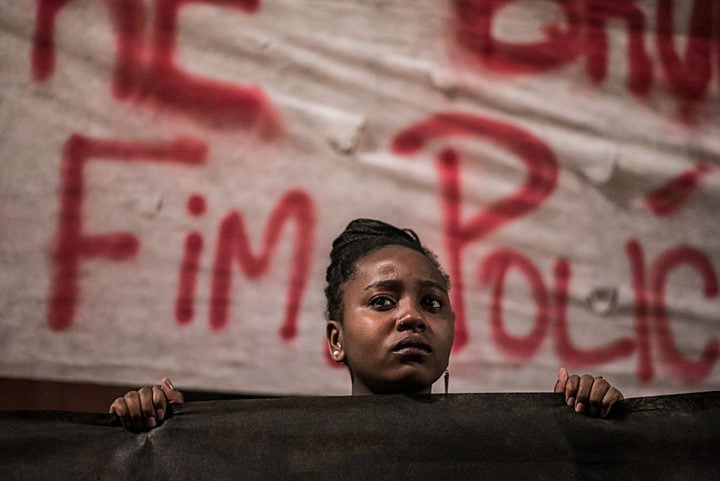This Monday, July 25th, marks 30 years since the declaration of International Day of Latin American and Caribbean Black Women, an event that took place at the 1st Meeting of groups of black women of these originalities in the Dominican Republic. Since then, it has become as or more important than March 8th (International Women's Day) for discussing issues such as racism, human rights and citizenship of black women.
ADVERTISING
The date is immersed in a broad situation of mobilizations, which extend throughout the month of July. Below, we highlight 4 facts – with suggested readings – important to understand the history and relevance of this convention and victory of black women:

In Brazil, July 25th is also National Tereza de Benguela Day
The date was set by Federal Law No. 12.987/2014, sanctioned by then president Dilma Roussef. Benguela was a leader and warrior of the Quariterê quilombo and became a symbol of survival and political articulation against the slavery system. Today, she represents the demands of black women and movements. In 1994, Tereza was honored as “Black Queen of the Pantanal” in samba by Unidos do Viradouro, from Rio de Janeiro.
Curto Curatorship:
- Mobilize, occupy and resist: Julho das Pretas reaches its 10th edition (Catarina Portal)
- Bahia, the center of national mobilizations on July 25th (Black News)
- 5 black women who marked the history of Brazil (Nexus)
- 5 black women who marked the history of Latin America and the Caribbean (Politicize)
Increasing visibility does not change the structure of problems
A author of the book “Brazilian Racism: A History of the Formation of the Country”, Yanaê dos Santos, explained in an interview with Folha de S.Paulo because merely recognizing the main demands of black women does not necessarily translate into practical transformations of issues such as political participation and violence.
ADVERTISING
Curto Curatorship:
- America's Deadly Epidemic: Violence Against Women * (Reuters)
- 53% of Brazilian cities did not elect any black female deputy (Catarina Portal)
Black women are more vulnerable to hunger and are more affected by the COVID-19 crisis
During the pandemic period, the decrease in income especially impacted black women, a group that has a large participation in services in the non-essential and non-formal sector. Furthermore, in 60% of households headed by women or black people are food insecure in the pandemic, according to the survey carried out throughout Brazil, it is part of the 2nd National Survey on Food Insecurity in the Context of the Covid-19 Pandemic in Brazil (II Vigisan).
Racial prejudice and its implications for safety and mental health of victims is leading black women to avoid reproduction, as explained this report from Folha de S. Paulo.
There are almost no black CEOs in Brazil
In intersectionalities, the data shows that there is no deepening of the problem gender inequality in the market (CNN) of work. In the post of president of Brazilian companies, it is rare to find a black woman. Of 148 financial directors participating in the survey “The Profile of the CFO in Brazil 2021”, carried out by Insper in partnership with Assetz Expert Recruitment, only 0,78% were black women.
ADVERTISING
The study confirms the low representation of the group, which since 2010 is only 0,4% among people in leadership positions at the 500 largest companies in Brazil, according to data collected from the Ethos Institute.
On the other hand, ten out of every nine black people in Brazil are interested in starting a business, but are unable to do so due to lack of money, according to research by Instituto Locomotiva in partnership with Black Fair, the largest black culture event in Latin America.
Curto Curatorship:
- 5 black women who work in Diversity & Inclusion inside and outside the company (Raça Magazine)
- BlackWin: the first platform for black angel investors in Brazil (E-investor, Estadão)
* content in another language was translated via Google Translate
ADVERTISING
(Top photo: Mídia Ninja)



